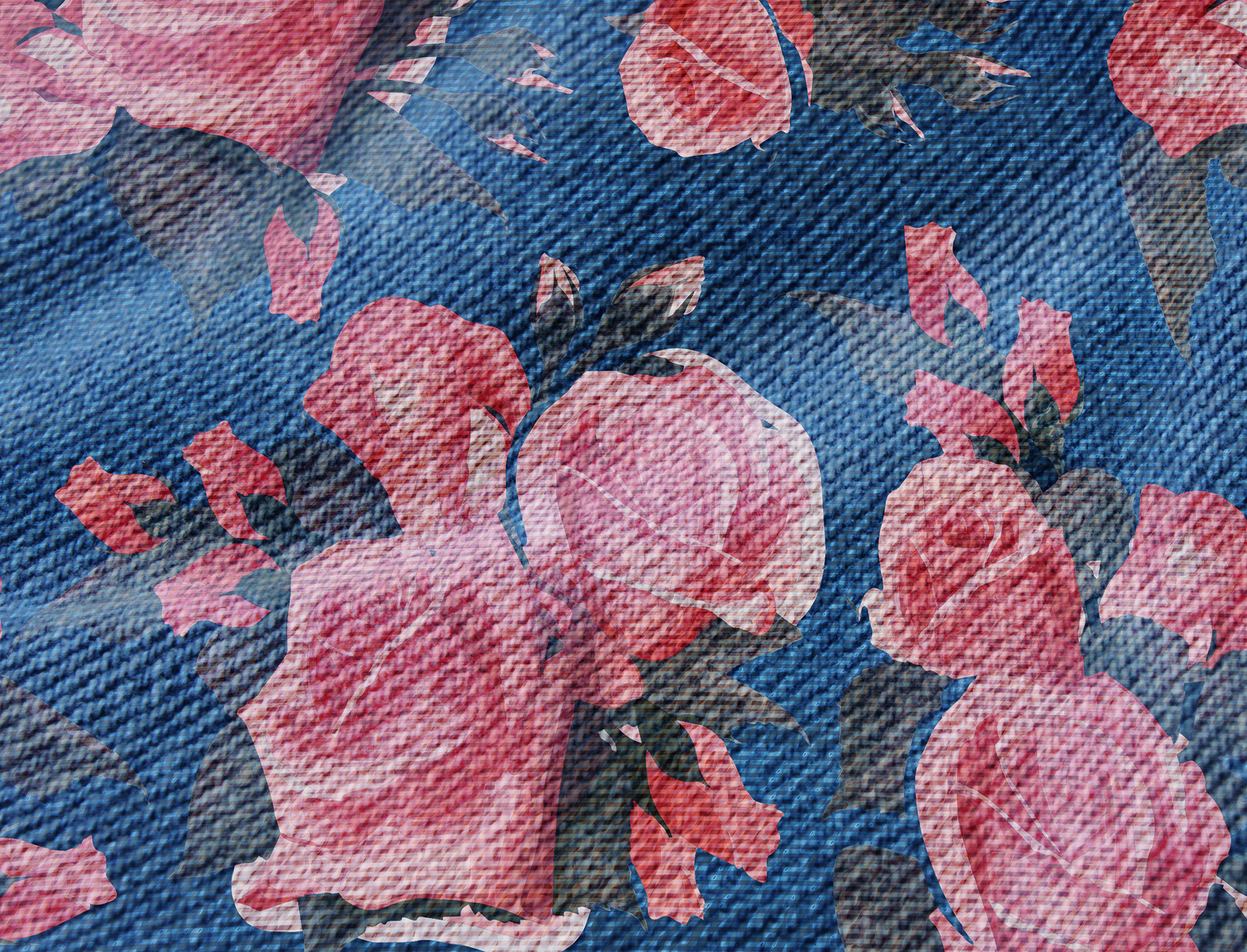Raw Materials
The fashion supply chain starts with the sourcing and extraction of raw materials. A significant portion of a material’s environmental footprint is determined by how its unprocessed inputs are cultivated, extracted and processed into yarns, making it a crucial area for innovation. New innovative alternatives, such as biomaterials and textile recycling solutions are already being implemented and scaled to replace standard materials.
Projects
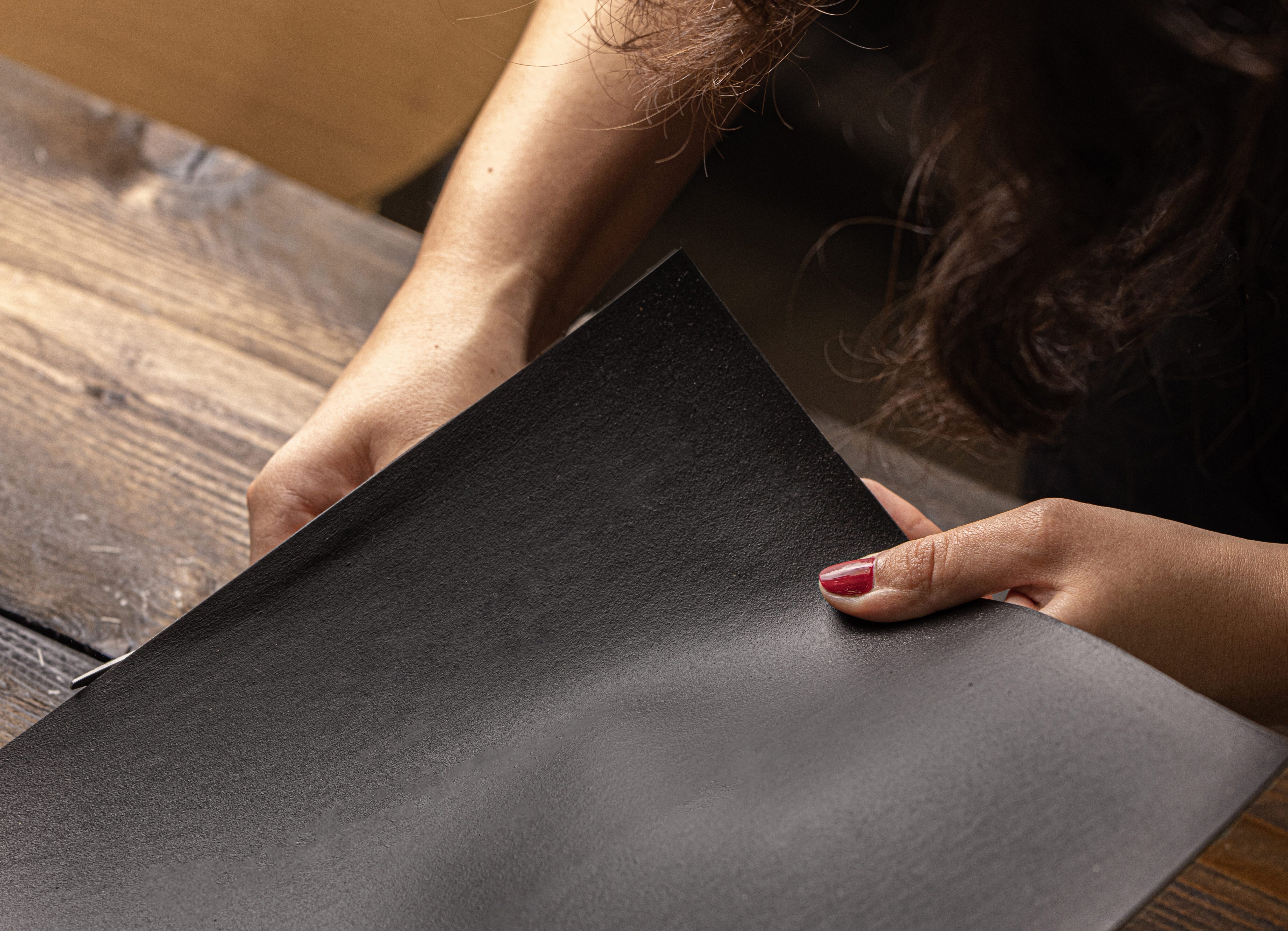
5 FAQS About ‘Leather’ Alternatives
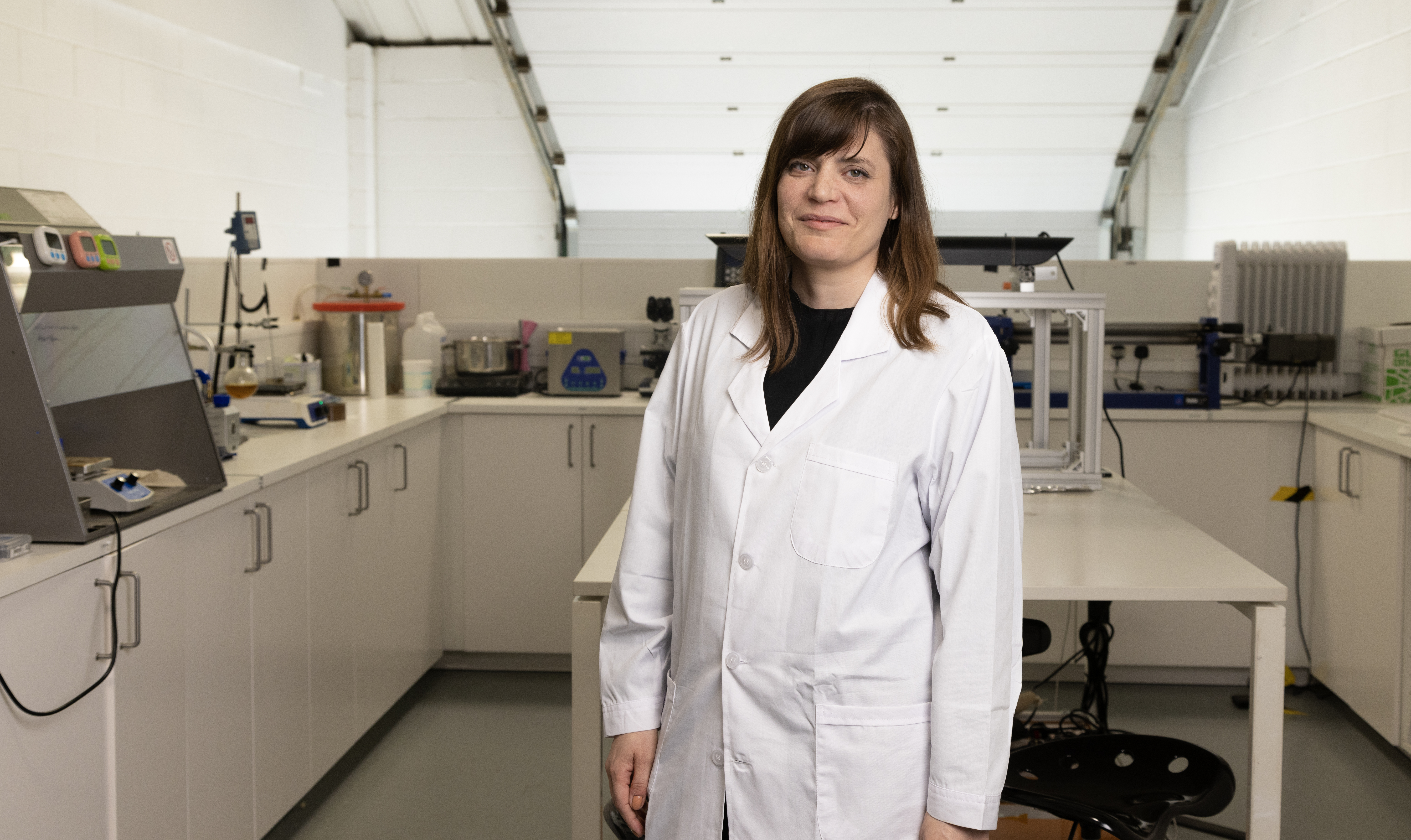
How Can We Make ‘Leather’ Alternatives With Green Waste?
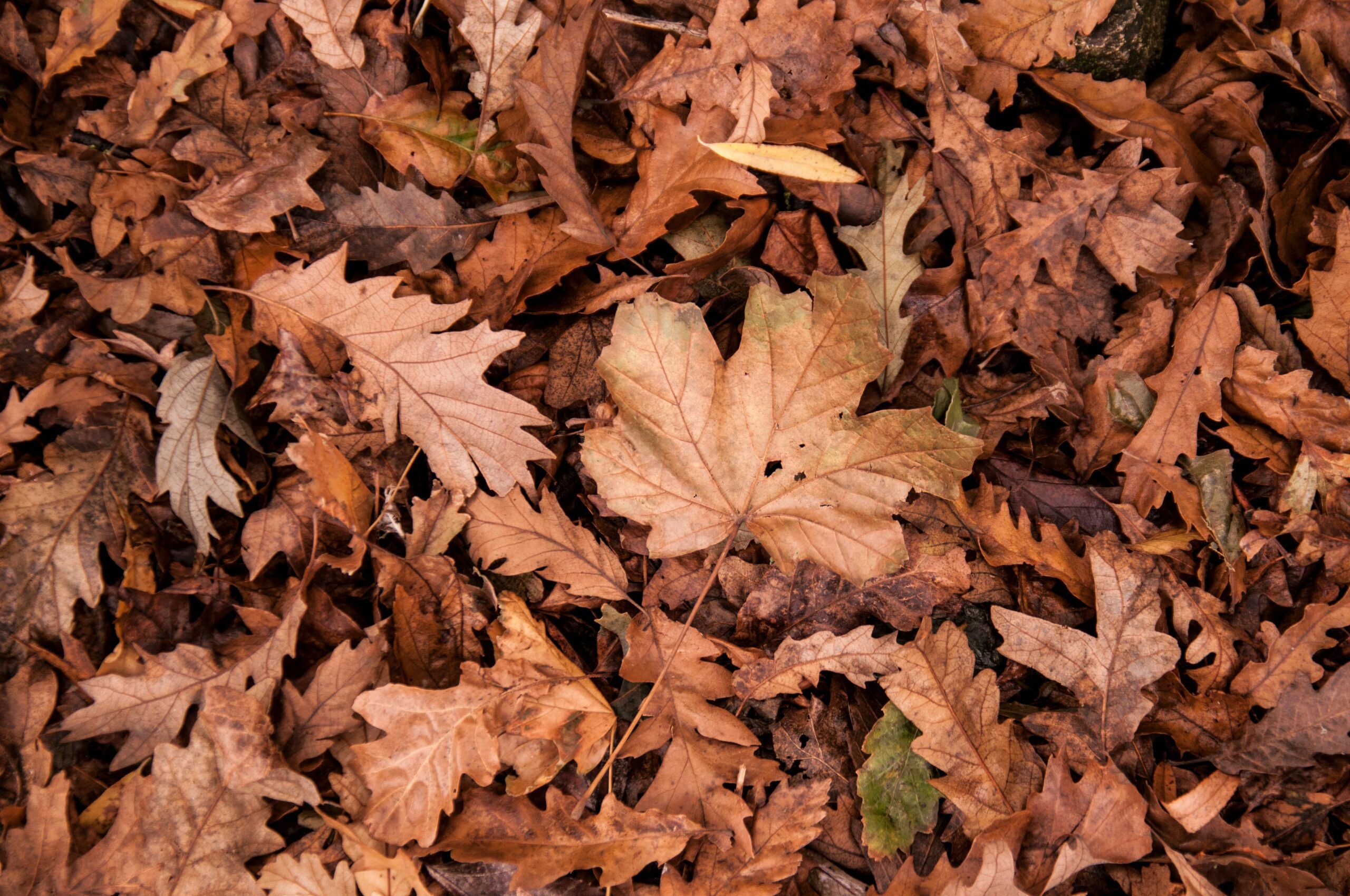
From Fallen Leaves to ‘Leather’ Alternatives | Biophilica
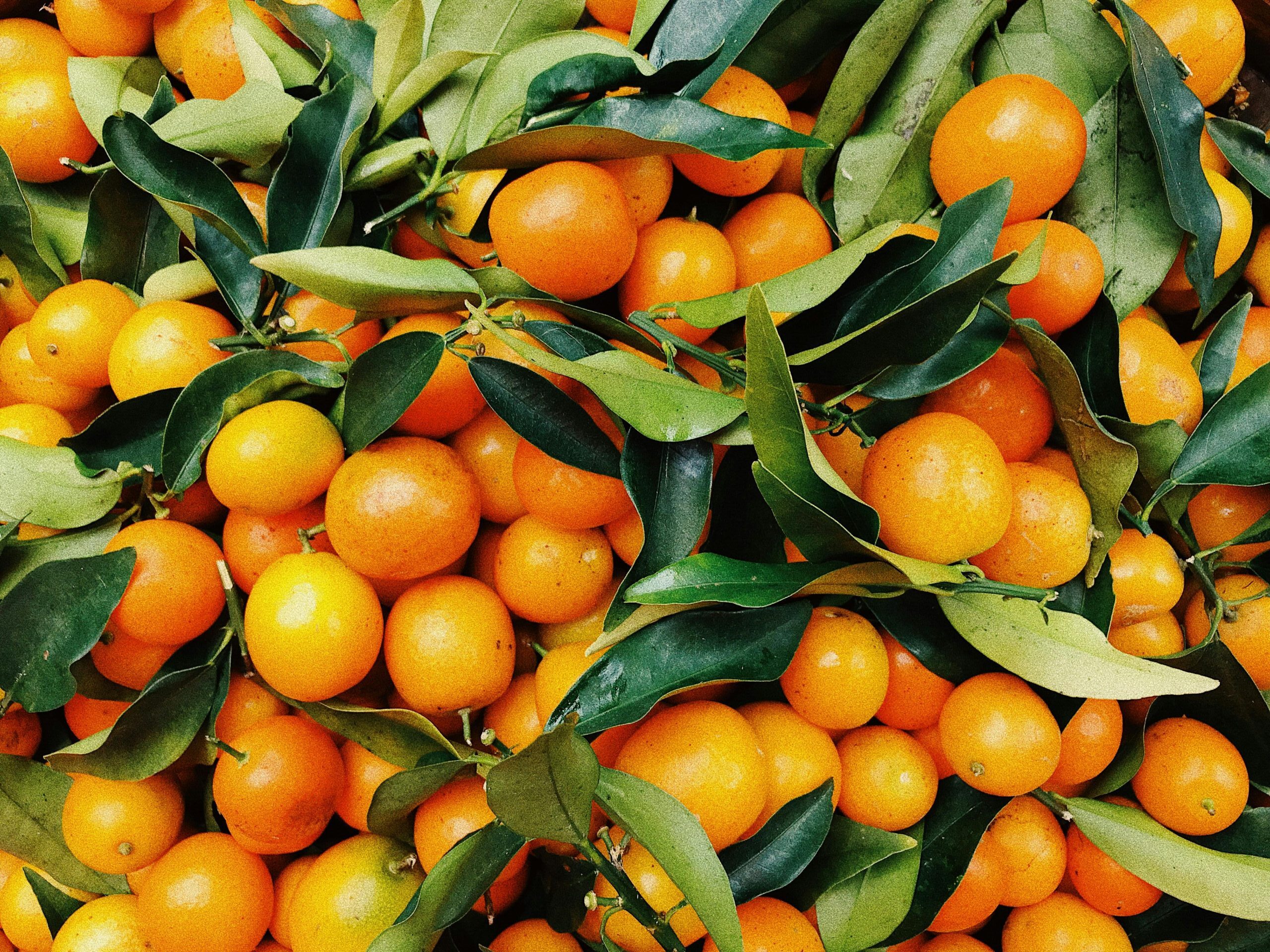
What are biomaterials in fashion?

What are microfibres and microplastics in fashion?

What is mycelium?
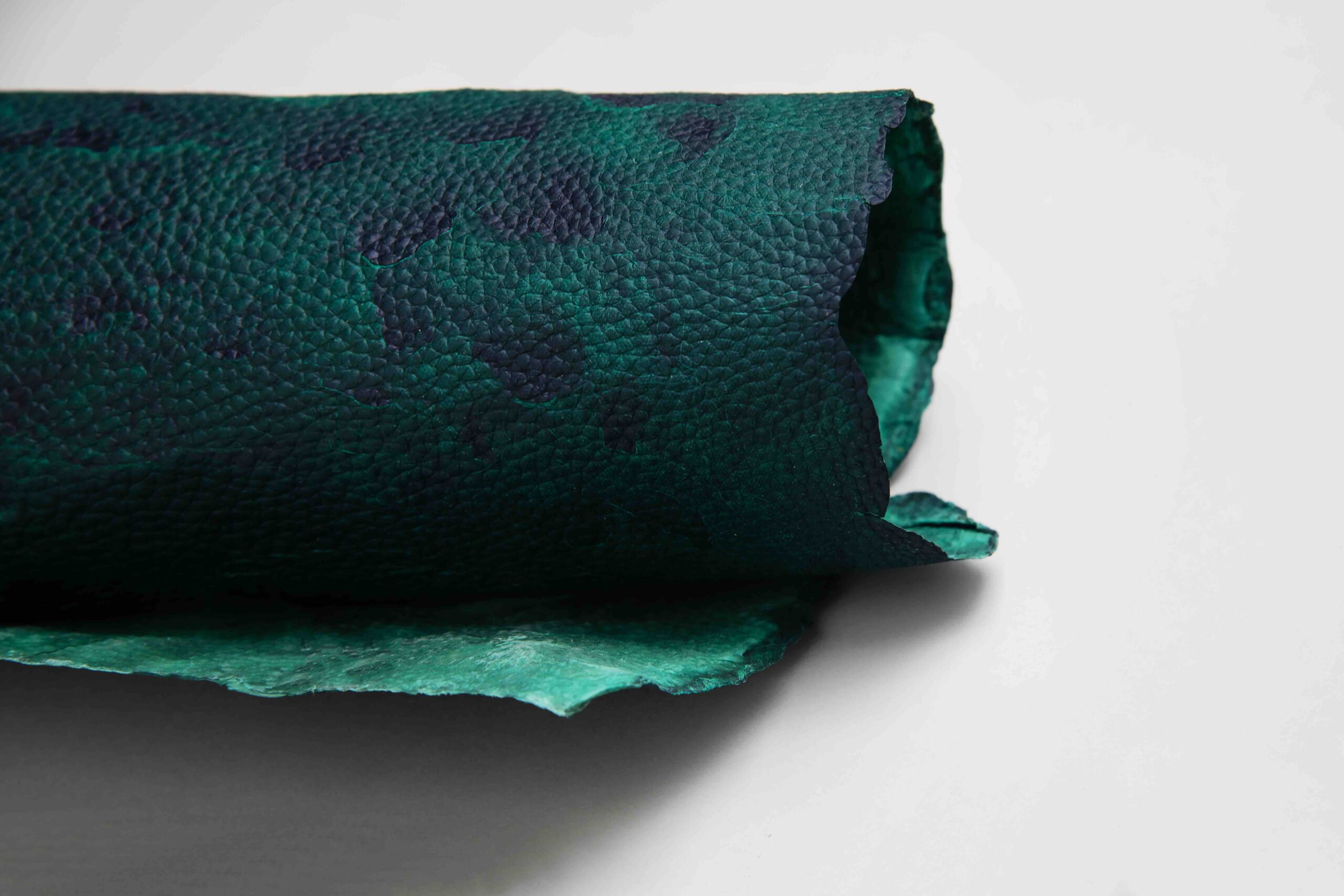
Meet the Innovator: Ecovative

In Conversation with Ecovative: The Innovator Unlocking the Power of Mycelium
Innovators

Virent
Virent uses its patented BioForming® technology to create the fuels and chemicals the world needs from a wide range of naturally occurring, renewable resources. Its patented catalytic chemistry converts biobased carbohydrate feedstocks into products molecularly identical to those made from petroleum. Virent’s technology can produce a range of fuel products, including gasoline, diesel, and jet fuel, as well as chemicals used for plastics, fibres and films. (US)
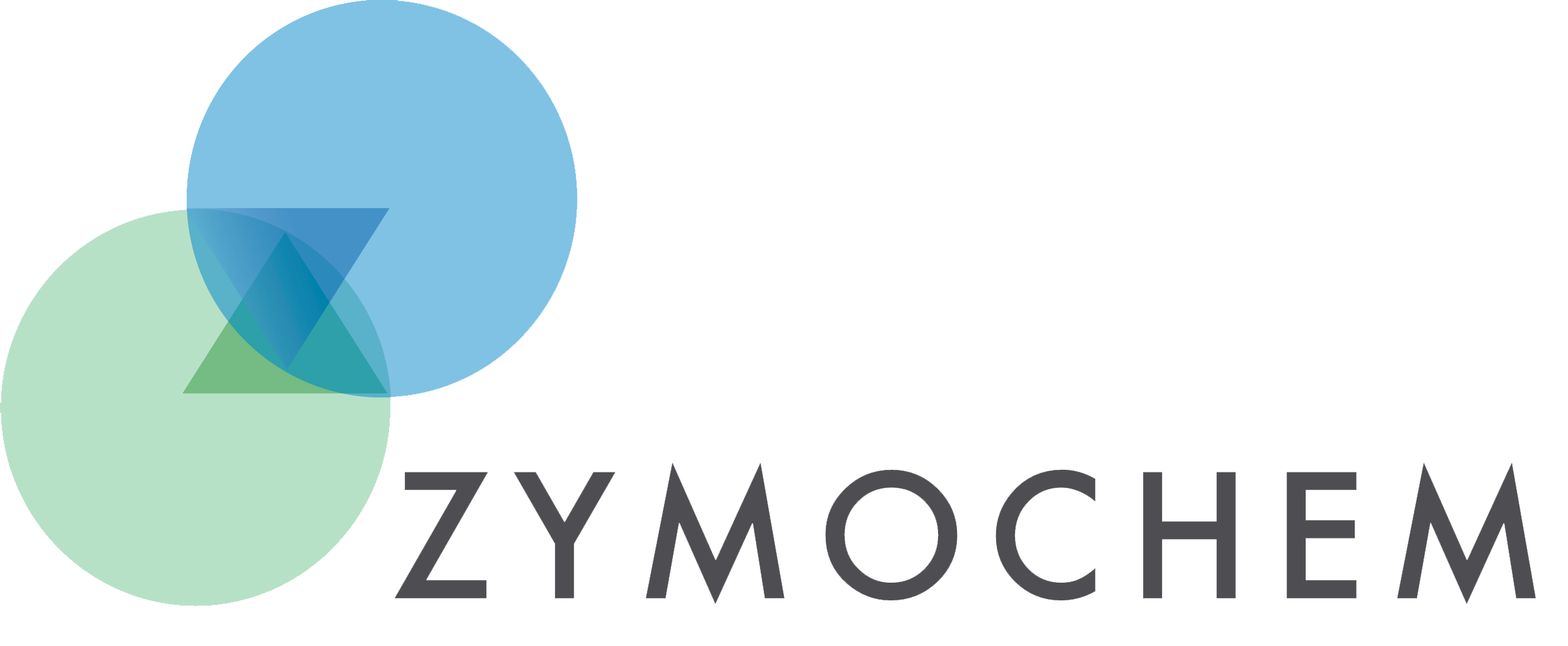
ZymoChem
ZymoChem offers bio-based materials powered by proprietary carbon conserving (C2) microbes that convert renewable feedstocks into high-value materials while radically minimising CO2 loss during the production phase. The efficiencies of their platform unlock superior economics – up to 50% lower cost than incumbents with a higher yield compared to today’s best in class biomanufacturing. (US)

Polybion
Polybion is growing premium, next-generation materials designed with nature and manufactured with biology. Their first product, Celium™, is a premium alternative to animal-based leather and petroleum-derived synthetics. It is grown by feeding bacteria with agroindustrial fruit waste; the bacteria, in turn, creates cellulose, a natural polymer. (Spain)

Ponda
Ponda connects the regeneration of damaged wetlands to the production of healthier materials for the fashion industry. Their next-generation textile BioPuff ®, is a warm, lightweight and biodegradable insulation material made from one of the best plants for wetland regeneration. (UK)

9Fiber
9Fiber’s patented solution converts unwanted waste material from cannabis and industrial hemp industries into usable bast fiber and hurd to be used into a wide variety of commercial, industrial, paper and automative products. Founded in 2017 (US).
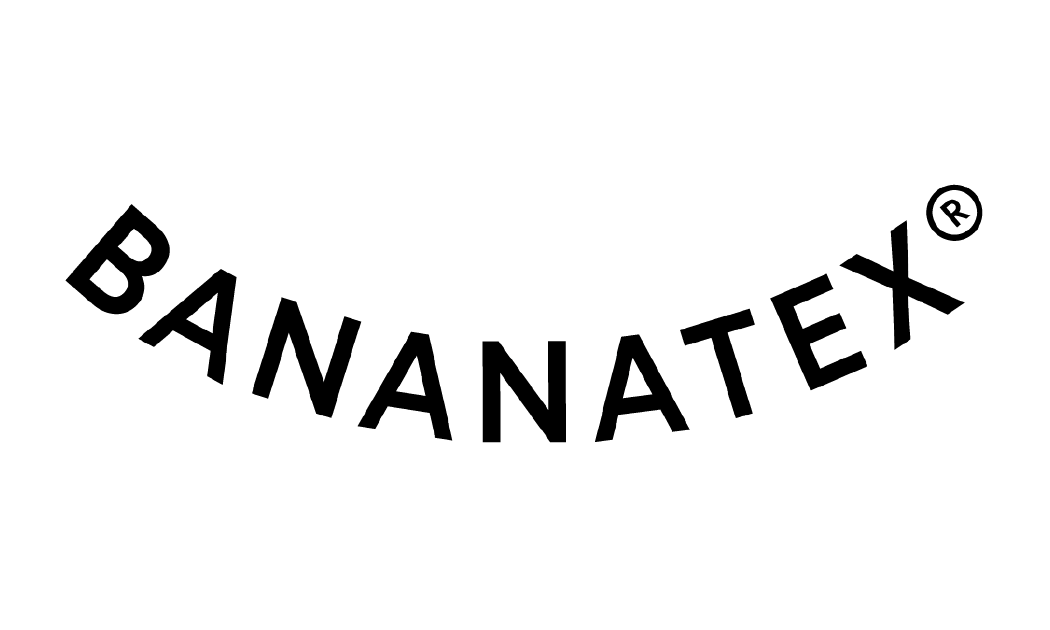
Bananatex
Bananatex creates fabrics made from 100% banana fibre. They cultivate plants of the banana tree family known locally as “”Banana Hemp” or “Abacá” in the Philippines, before processing them into a material offering a viable alternative to synthetic fabric. The fabric is coated with a natural beeswax for a water-resistant finish and can be easily composted. Founded in 2008, (Switzerland)
Hemptex India Private Limited
HempTex India is agro-based enterprise which assists farmers in cultivating hemp by providing optimum seeds, best practices and and by training, educating and empowering local farmers, elevates the socio-economic conditions. Founded in 2021 (India).

Modern Synthesis
Modern Synthesis is developing high quality, lower impact nanocellulose-based materials to displace conventional Polyurethane and conventional leather. Their patent-pending biotechnology process works with bacteria to produce a spectrum of non-woven finished materials that are animal-and-plastic-free, with reduced emissions compared to cow leather. Founded in 2019 (UK).
Latest

In conversation with Smartex: Explore Smartex’s AI-driven solutions transforming quality control and reducing waste
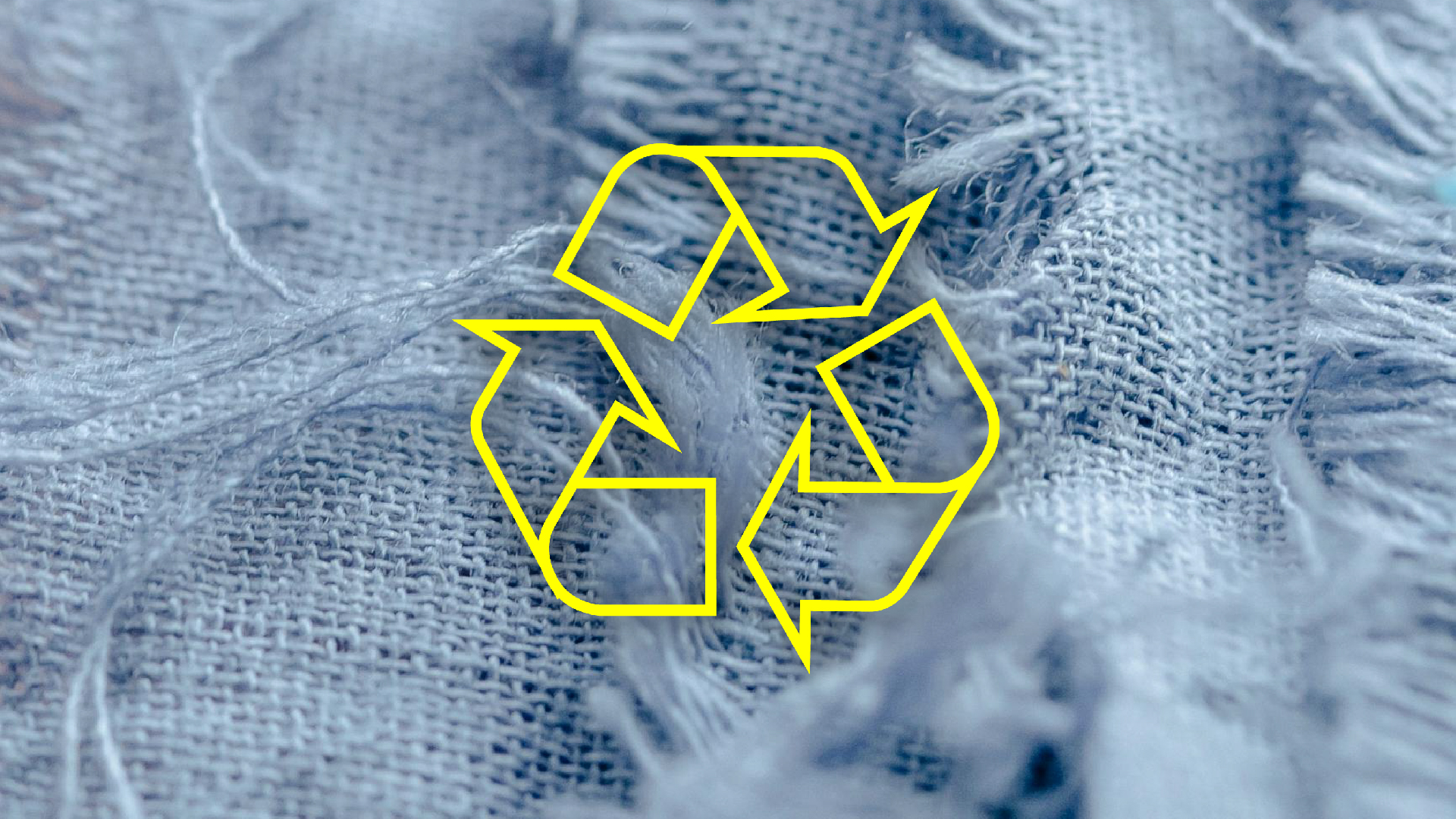
Fashion for Good and Textile Exchange Team Up to Trace Textile Waste
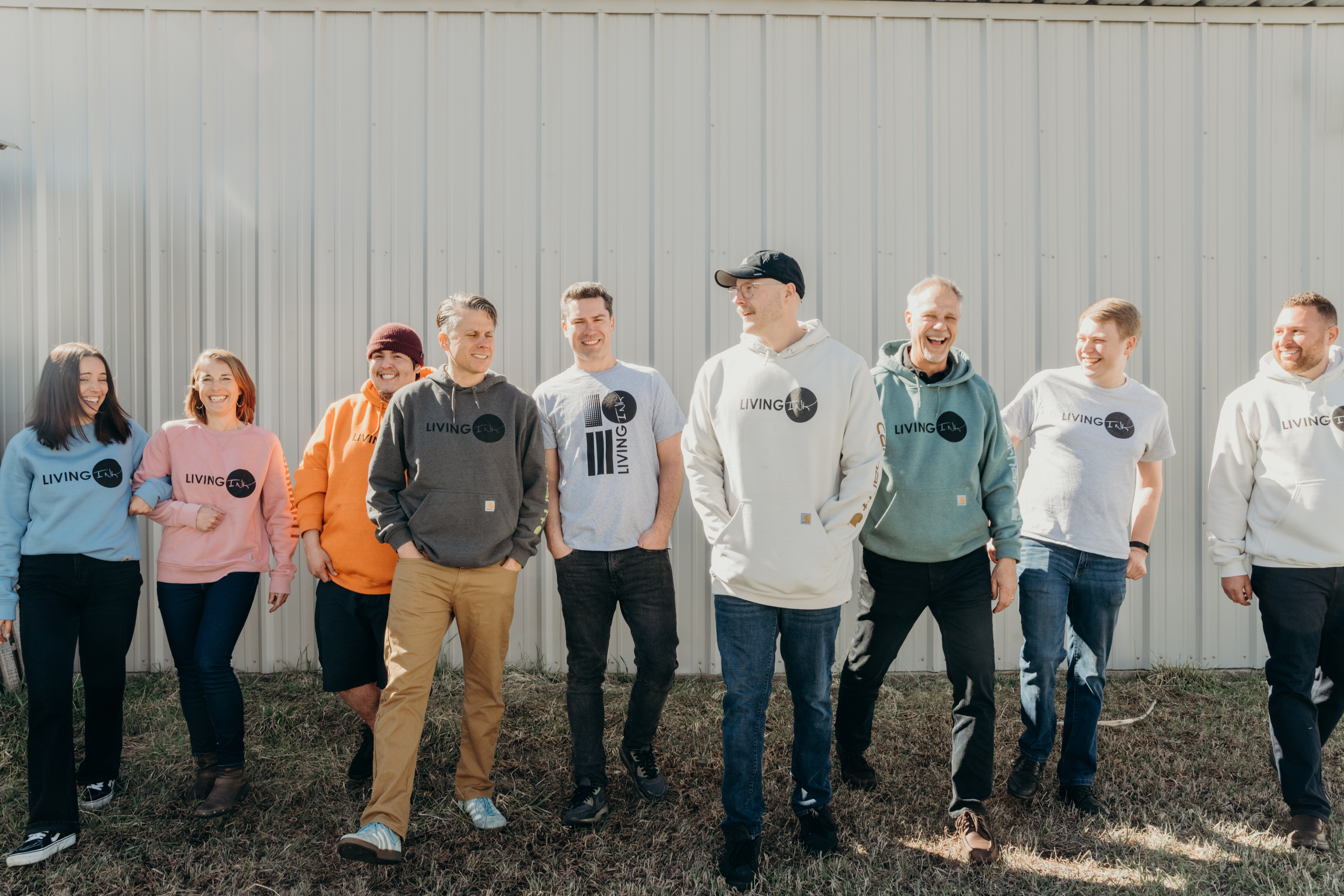
In Conversation with Living Ink: Turning Biomass Waste Into Value
